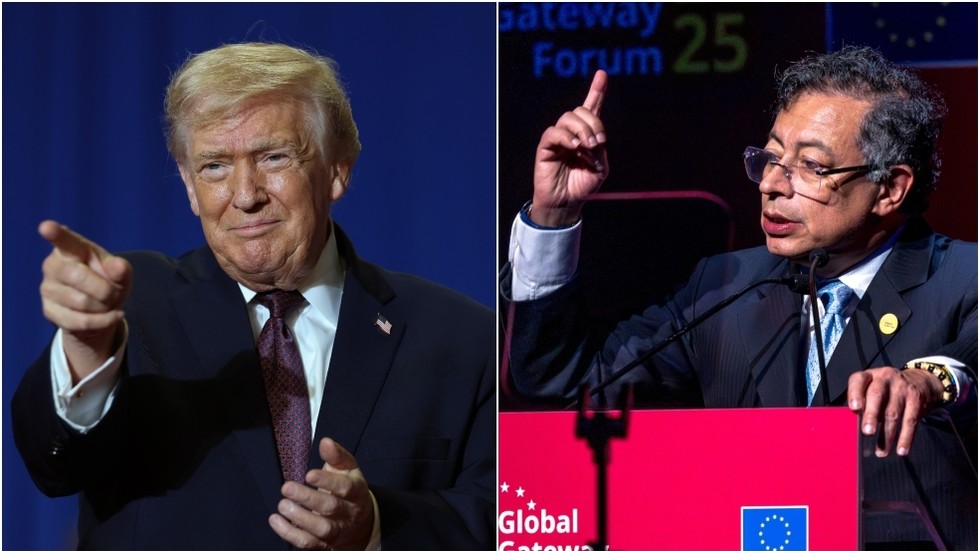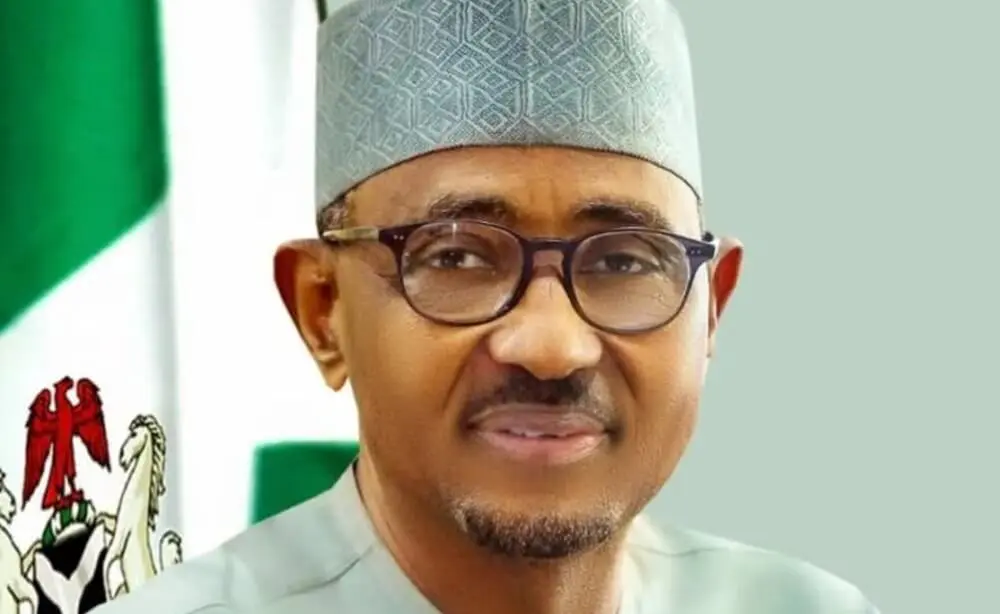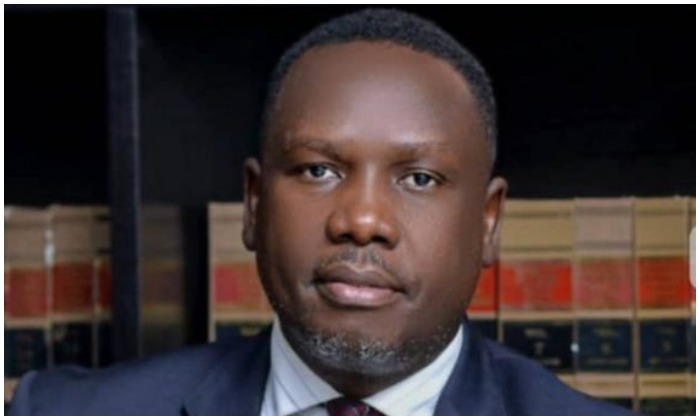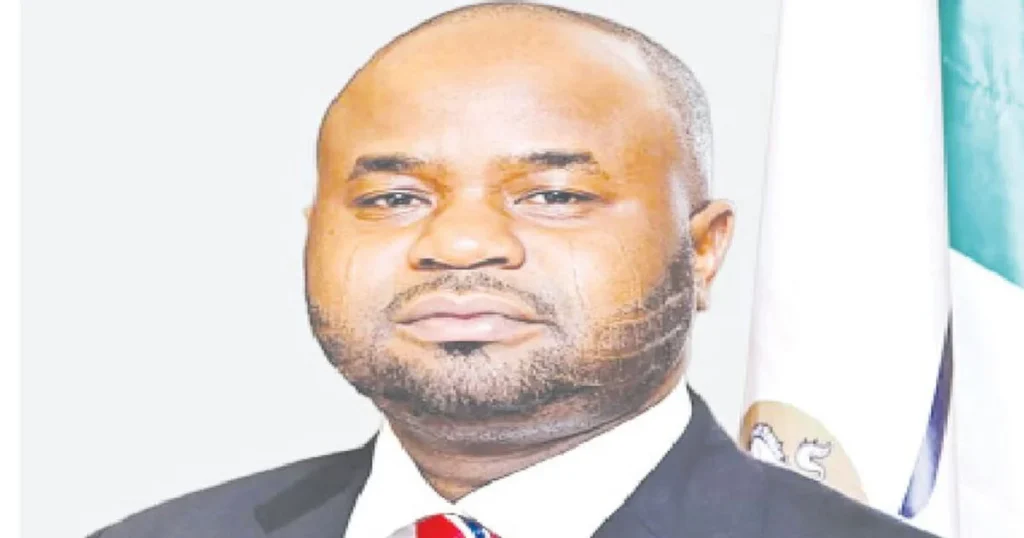The welfare of over 1.5 million children in Jigawa State has become a pressing concern for the United Nations Children’s Fund (UNICEF), which has called for the implementation of child-sensitive budgeting in the state. This initiative aims to improve the lives of children in Jigawa by allocating resources effectively and equitably to meet their specific needs.
According to Mr. Rahama Rihood Mohammed Farah, Chief of UNICEF Field Office in Kano, despite the progress made by Jigawa State in improving the lives of children over the years, there are still significant challenges that need to be addressed. The available data paints a concerning picture: Jigawa State has one of the highest under-five mortality rates in Nigeria, with an estimated 127 deaths per 1,000 live births. This translates to approximately 1 in 8 children not living to see their fifth birthday.
Furthermore, a staggering 55.6% of children under five in Jigawa are stunted, which affects not only their physical growth but also irreparably damages their cognitive development. This has long-term implications, limiting their future potential and trapping families in cycles of poverty. The nutrition and education of children are also areas of concern. Only 5% of children under two receive a minimum acceptable diet, and while access to primary education has improved, learning outcomes remain a major concern. Many children in school are not acquiring foundational literacy and numeracy skills crucial for their future. For instance, only 2% of primary school learners in Jigawa State have foundational reading skills, while less than 1% have numeracy skills.
In addition to these challenges, children in Jigawa continue to face risks including child labor and early marriage. Robust systems for child protection require sustained investment to be effective. Mr. Farah emphasized that child-sensitive budgeting involves planning, allocating, releasing, spending, and tracking public resources to ensure they effectively and equitably meet children’s specific needs and uphold their rights.
State Commissioner of Budget and Economic Planning, Babangida Umar Gantsa, acknowledged that in Nigeria, children continue to face deprivation due to multidimensional poverty and childhood hardships, which have lifelong consequences. He affirmed that the Jigawa State Government has been doing its best to protect the rights of children. The call for child-sensitive budgeting by UNICEF underscores the need for a concerted effort to address the pressing issues affecting the welfare and development of children in Jigawa State. By prioritizing the allocation of resources to meet the specific needs of children, there is hope for improving their welfare and securing a better future for them.



